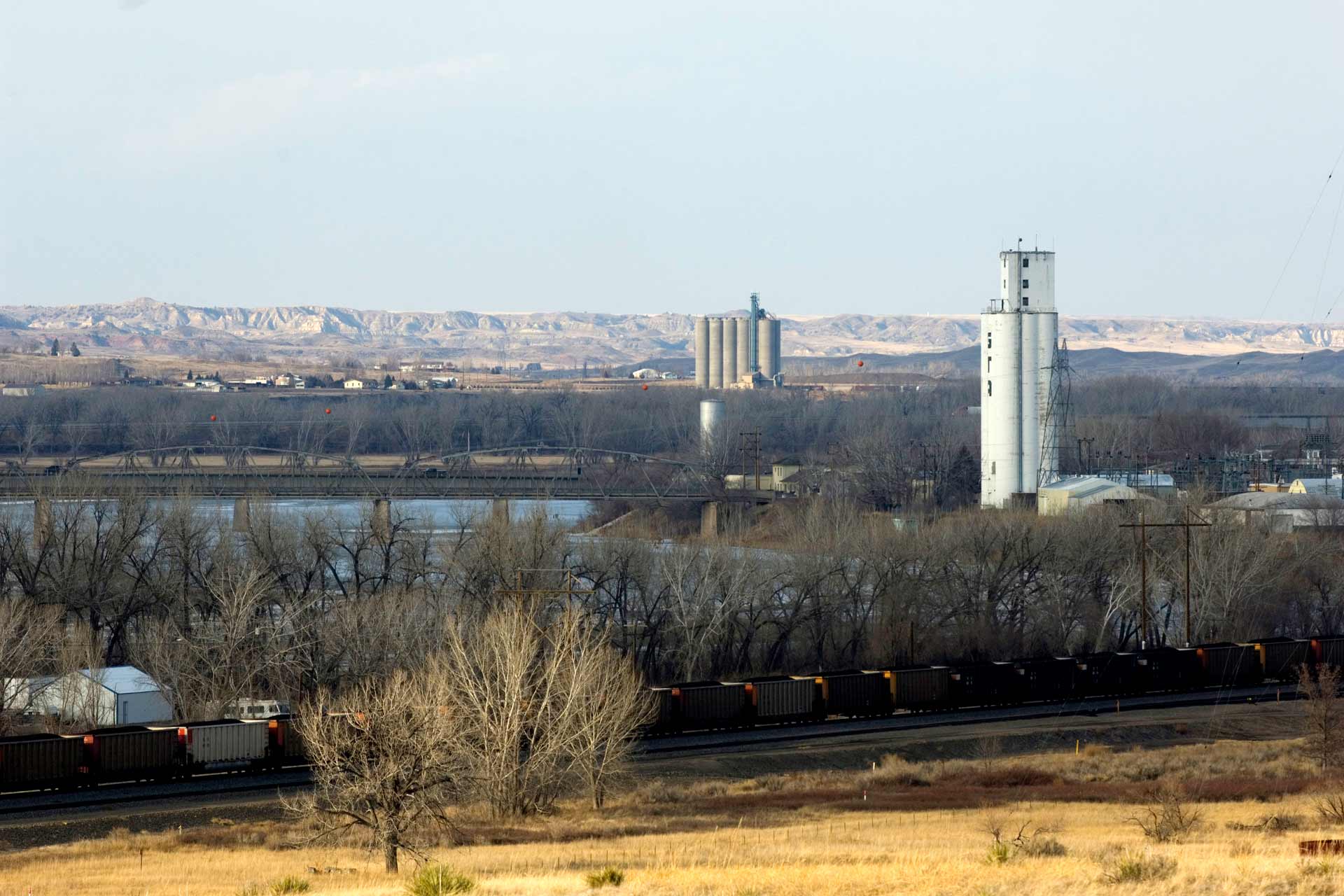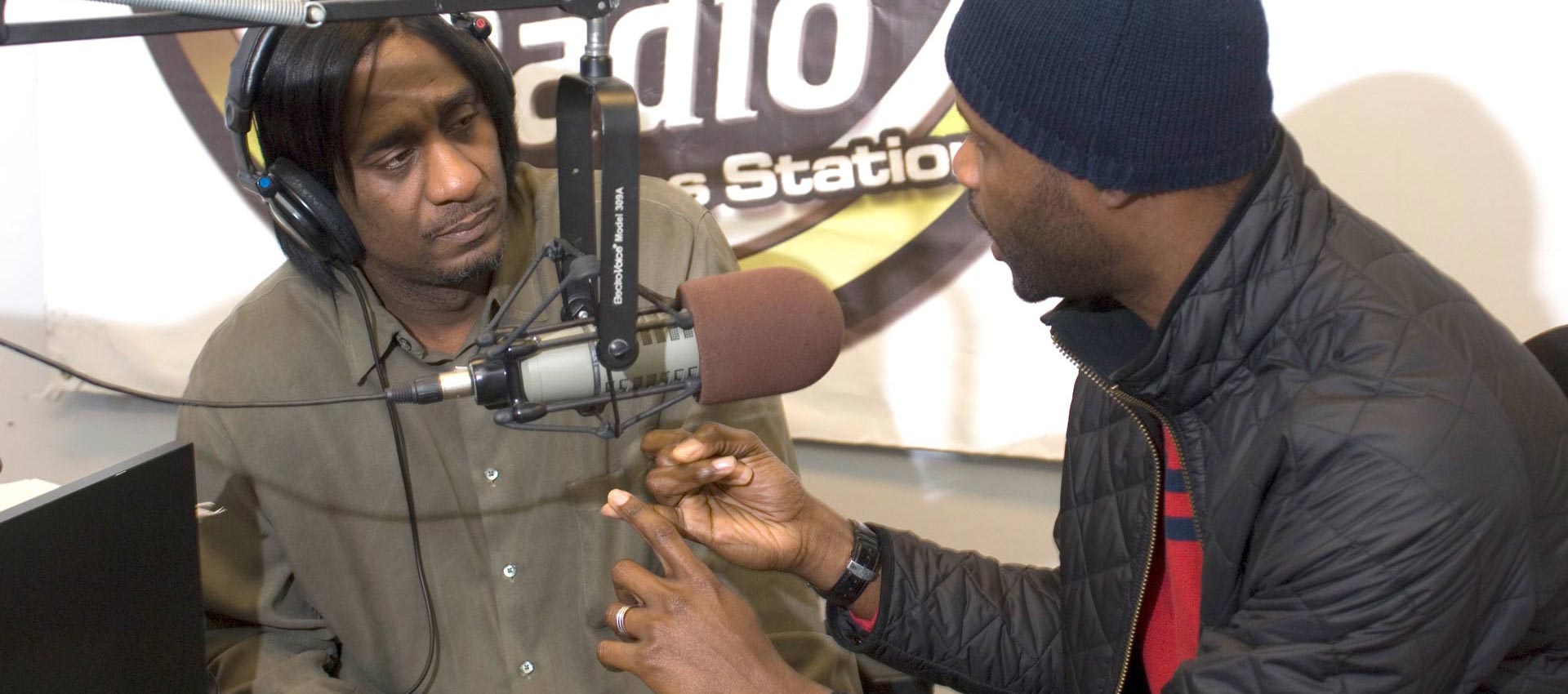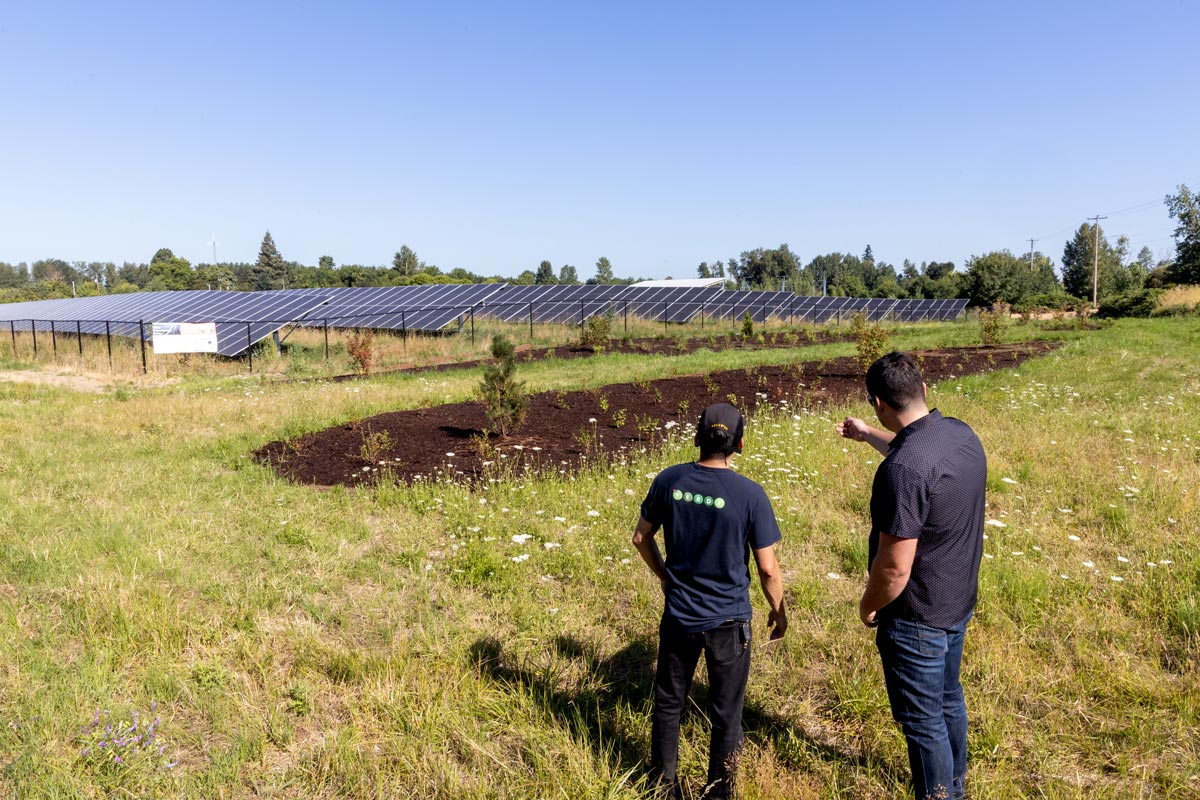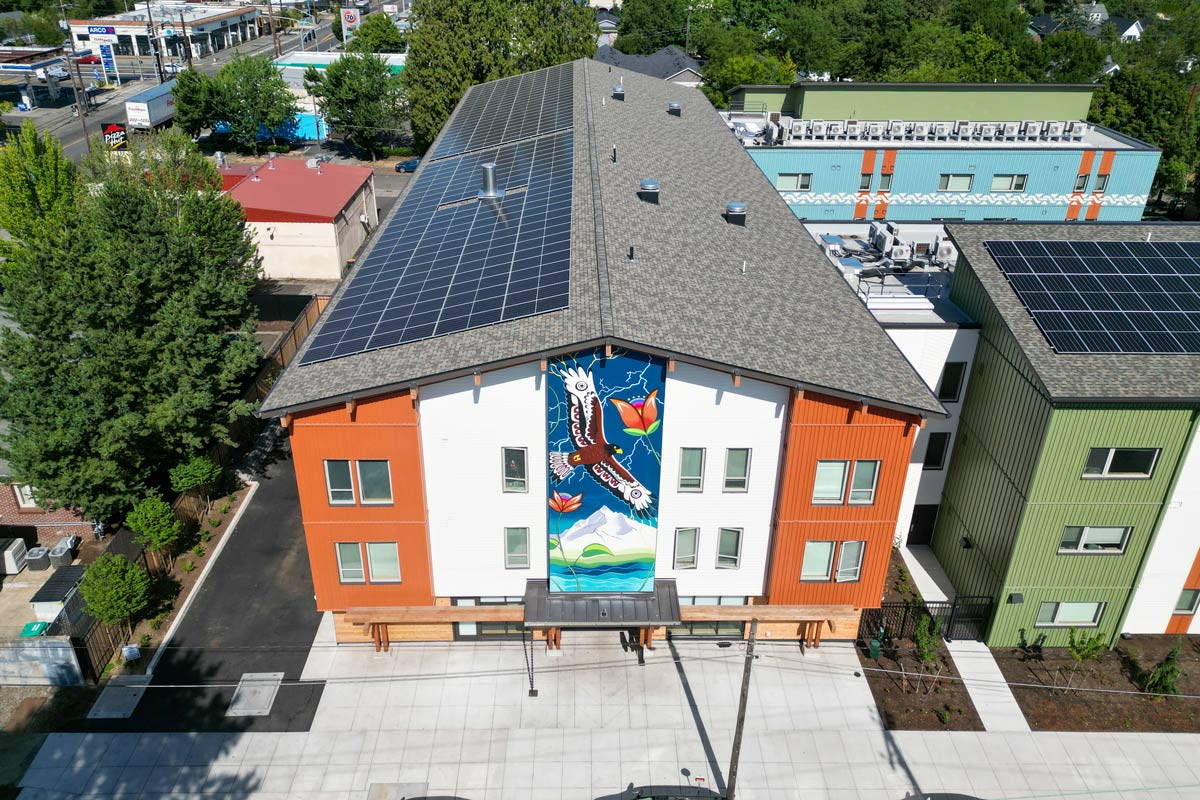COVID-19 has upended all our lives this spring. We’re responding to the impact on the priority communities we serve through the input of our grantees.
Native Americans, communities of color, immigrants, and refugees across our region of eight states and 76 Native nations are on the front lines of this crisis. And people in rural areas are starting to experience impacts from the pandemic as it reaches even the most geographically isolated parts of the area we serve.
We’ve been listening to our grantees describe what’s been happening on the ground. This crisis has highlighted and increased already-existing race and class inequalities in stark ways.
But through this crisis, grantees are also finding opportunities to make inroads in their work to change the systems that produce these inequalities in the first place.
During the past few weeks, our team has been in touch with each of our hundred or so grantees to learn about the immediate challenges they’re facing and how we can best be a useful ally.
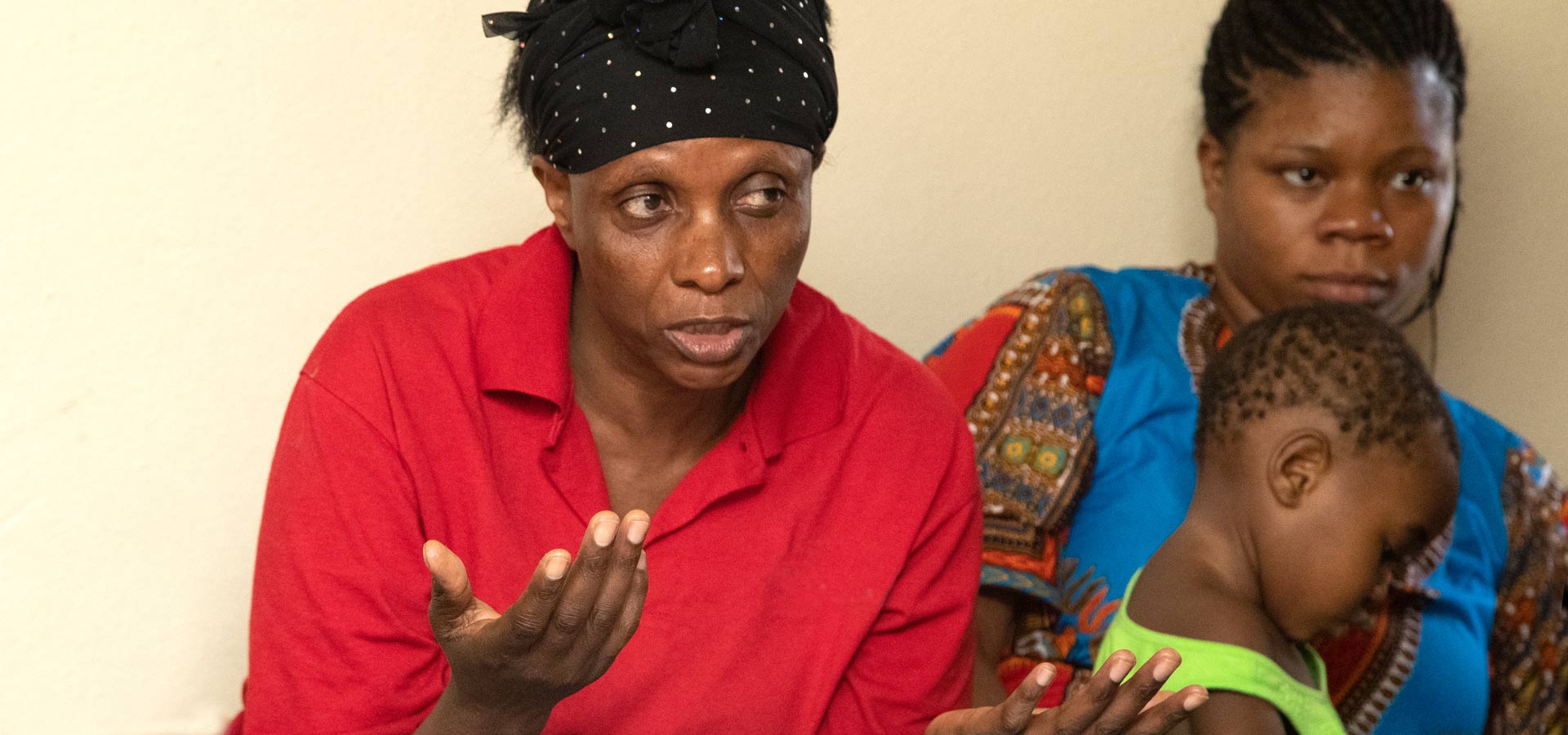
Grantees describe numerous impacts—most underscore the need for equity.
Even before the pandemic hit, many grantees were running organizations and operating in chronically underfunded communities. Now they are attempting to stretch their resources even further. It’s exhausting. But they’re demonstrating remarkable insight.
Most of what we hear are the stories of race and class inequality.
For instance, the pandemic is exacerbating long-standing inequities for tribal communities, who have been systematically underfunded by federal, state, and local governments for generations. This underfunding has consistently deprived reservation health care systems of resources in ways that have left them more vulnerable to the virus.
“Health and economic impacts are intertwined. When economic opportunity is scarce and incomes are low, poverty erodes people’s well-being in many ways; a pandemic hits them all the harder.”
The health and economic impacts are intertwined. When economic opportunity is scarce and incomes are low, poverty erodes people’s well-being in many ways; a pandemic hits them all the harder. One notable example relates to how inequitable funding has led to inadequate housing options. This results in overcrowding with multiple families needing to share the same household, increasing their susceptibility to infection. Adding insult to injury, various forms of financial assistance and disaster-relief funding are difficult or impossible for tribal communities to tap into, due to long-standing policy barriers.
Immigrants and refugees face xenophobia and language barriers that keep them from gaining work permits, rent supports, virus screenings, and more. Those who have jobs—oftentimes for minimal pay on the front lines, in places like grocery stores or in peoples’ homes—are expected to work without adequate protection. Immigrants and other priority communities are also confronting COVID-19-related racism, an urgent challenge for Asian Americans, in particular, who are valiantly organizing against and resisting it.
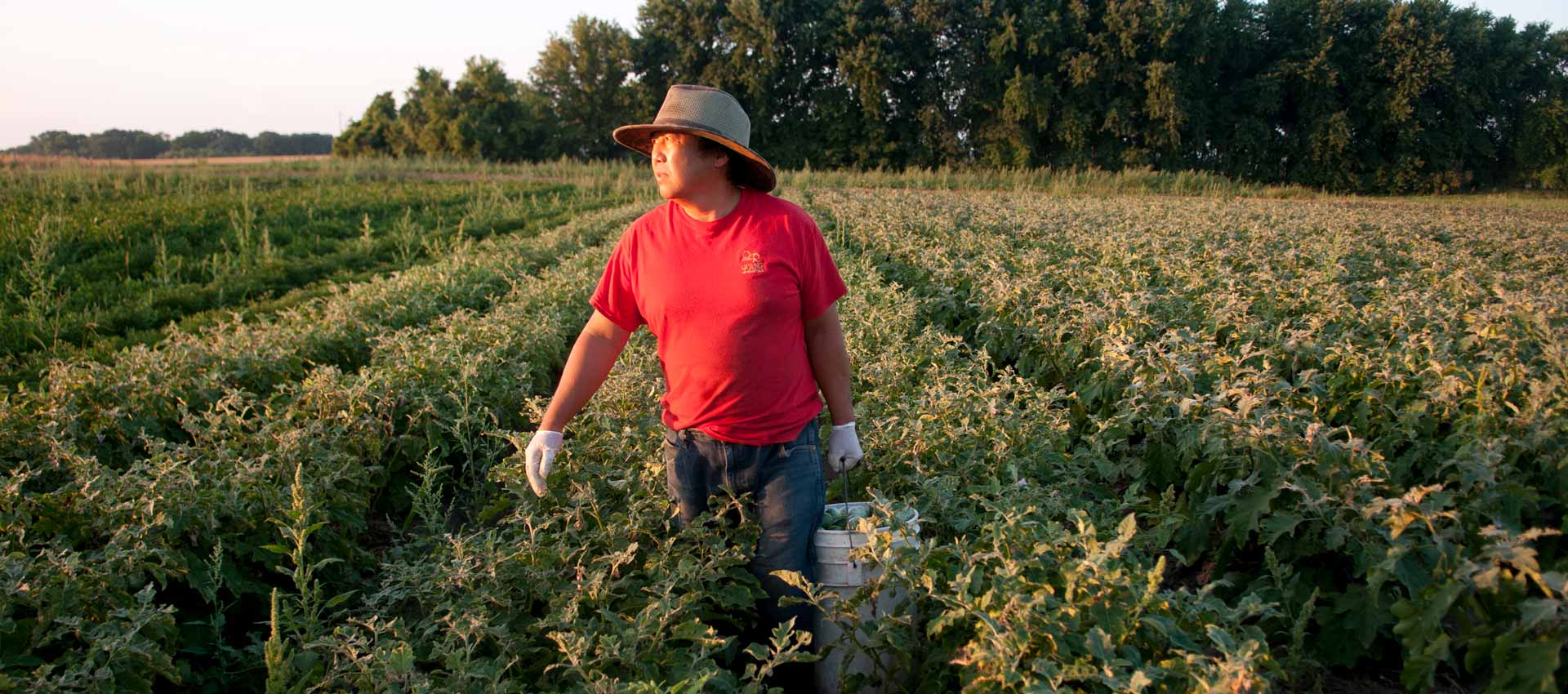
Additional challenges include technology disparities that pose barriers to distance learning, a lack of day care options, limited options for working remotely, and unequal access to unemployment resources and loans. The list of injustices seems almost endless.
We’ve been heartened by how the crisis has become a reaffirmation of grantee approaches.
Many grantees are reporting that the crisis has helped them become more strongly rooted in their mission to overcome race and class inequality. They face the same kinds of challenges as they did before the crisis—but now it’s on a heightened scale.
Someone reminded me recently of an old saying in the African American community: When White folks catch a cold, Black people get pneumonia. The tragic toll the pandemic is taking on the African American community is the latest brutal reminder of this reality.
“The immediacy of it all is inspiring our grantees to double down on their commitment and evolve increasingly innovative responses, recasting disparities as motivation toward their vision of a more equitable future.”
The immediacy of it all is inspiring our grantees to double down on their commitment and evolve increasingly innovative responses, recasting disparities as motivation toward their vision of a more equitable future.
There are many stories of hope:
- Native grantees on reservations in rural communities, realizing that the virus threatens elders, and hence their culture and values, are addressing the urgency to preserve their heritage by reinforcing expressions of sovereignty and language.
- Networks activated to give voice to undercounted communities during the 2020 census are finding further purpose in sharing resources, ideas, and connections to respond to crisis needs.
- African American community radio stations and newspapers are partnering with shuttered social and civic nonprofits to ensure their messages of social and spiritual unity still get heard.
- Outreach centers in communities of color that have physically closed down are engaging in unprecedented levels of collaboration on alternative means to make food and other services available, coordinating across organizations and networks.
We’re responding by reaffirming our support and being open and flexible to what we hear.
Given the scale of this crisis, there is only so much that any one organization can do. We understand that—but we’re committed to responding as effectively as we possibly can. Our primary concern, right now, is to strengthen the commitment we’ve already made to current grantees so that they can continue to respond to their communities.
“Our primary concern, right now, is to strengthen the commitment we’ve already made to current grantees so that they can continue to respond to their communities.”
We’ve come to the table ready to make current grants flexible enough to support whatever responses grantees develop. Some of our suggestions have included:
- Postponing or waiving grant reporting requirements
- Amending grant agreements to remove budget restrictions or converting grants to general operating support, where applicable
- Making the grant renewal application process easier and quicker
- Awarding small grants to address immediate needs
We’re taking on plenty of grantee suggestions, as well, tailored to fit their unique needs. And, of course, many of them have needed additional capacity to cover the costs of supporting staff or clients as distancing restrictions have shut down their physical operations.
Agreements for at least 25 emergency grants are in various stages of development. We’ll be awarding more in the days ahead. We’re adjusting program-related investment agreements, too, including the elimination of interest for the next 12 months.
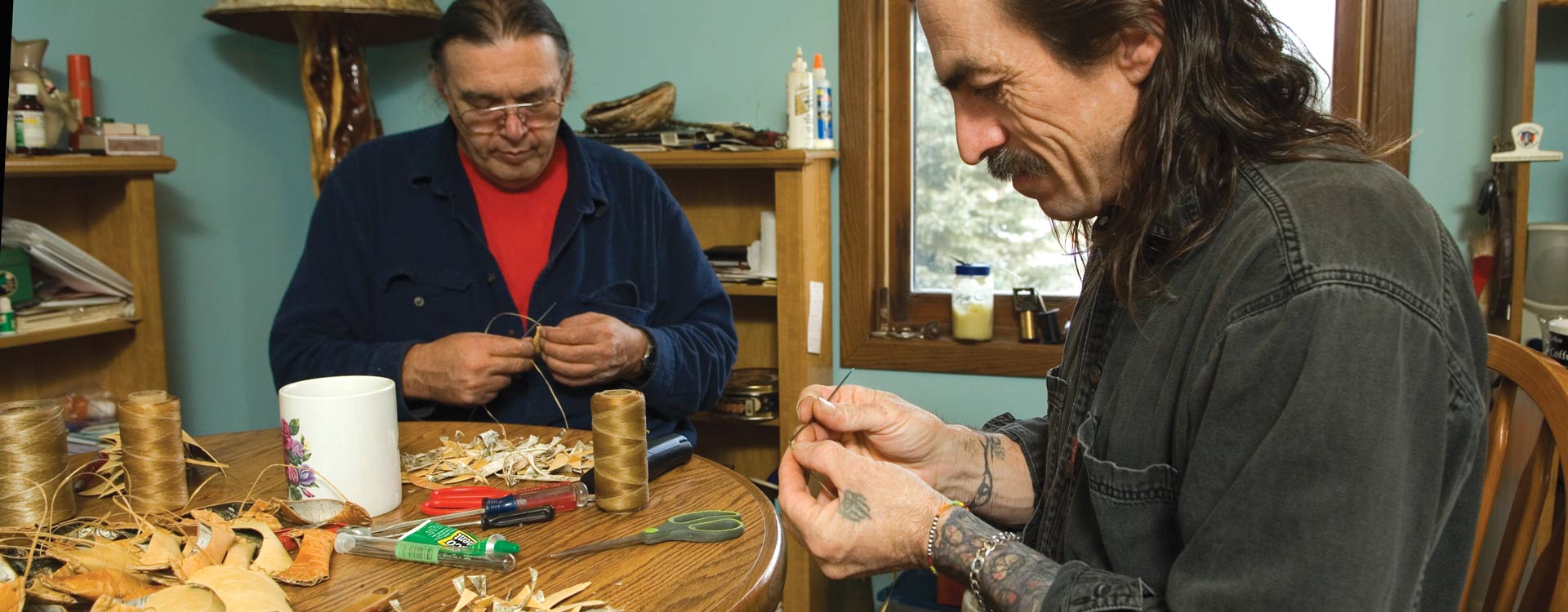
We’re supporting community-wide crisis efforts through pooled funds.
We realize this crisis has overwhelmed our region in ways that demand coordinated support from funders. Needs are particular to each community and could range from bridge funds for nonprofits to cover rent and salaries to services that translate emergency materials into languages our priority communities can all understand.
“We’ve made contributions to pooled funds hosted by community foundations or other nonprofits whose feet are planted firmly in the grassroots of their respective communities. . . . These pooled funds are rapidly moving millions of dollars to community organizations best positioned to fight this pandemic on the ground.”
These organizations are administering pooled funds we’ve already contributed to:
- Community Foundation of Greater Des Moines
- First Nations Development Institute
- Headwaters Foundation for Justice
- Idaho Community Foundation
- Seattle Foundation
- Seventh Generation Flicker Fund
- Social Justice Fund NW
- Saint Paul & Minnesota Foundation
- Whatcom Community Foundation
Our communication lines will stay open and collaborative.
We know this crisis won’t be short lived. We know that the health emergency has triggered an economic meltdown of an unpredictable scale and duration. However, we’re committed to standing with our priority communities and grantees by continuing to listen and learn and to follow their lead.
We’re in this together, and we’re committed to persevering through it in solidarity.
We’ll continue to update you as we lift up what we hear from grantees and work in collaboration to be open to their needs.
Read more about how we and our grantees are responding to COVID-19:
Author

Kevin Walker
President and CEO, Northwest Area Foundation
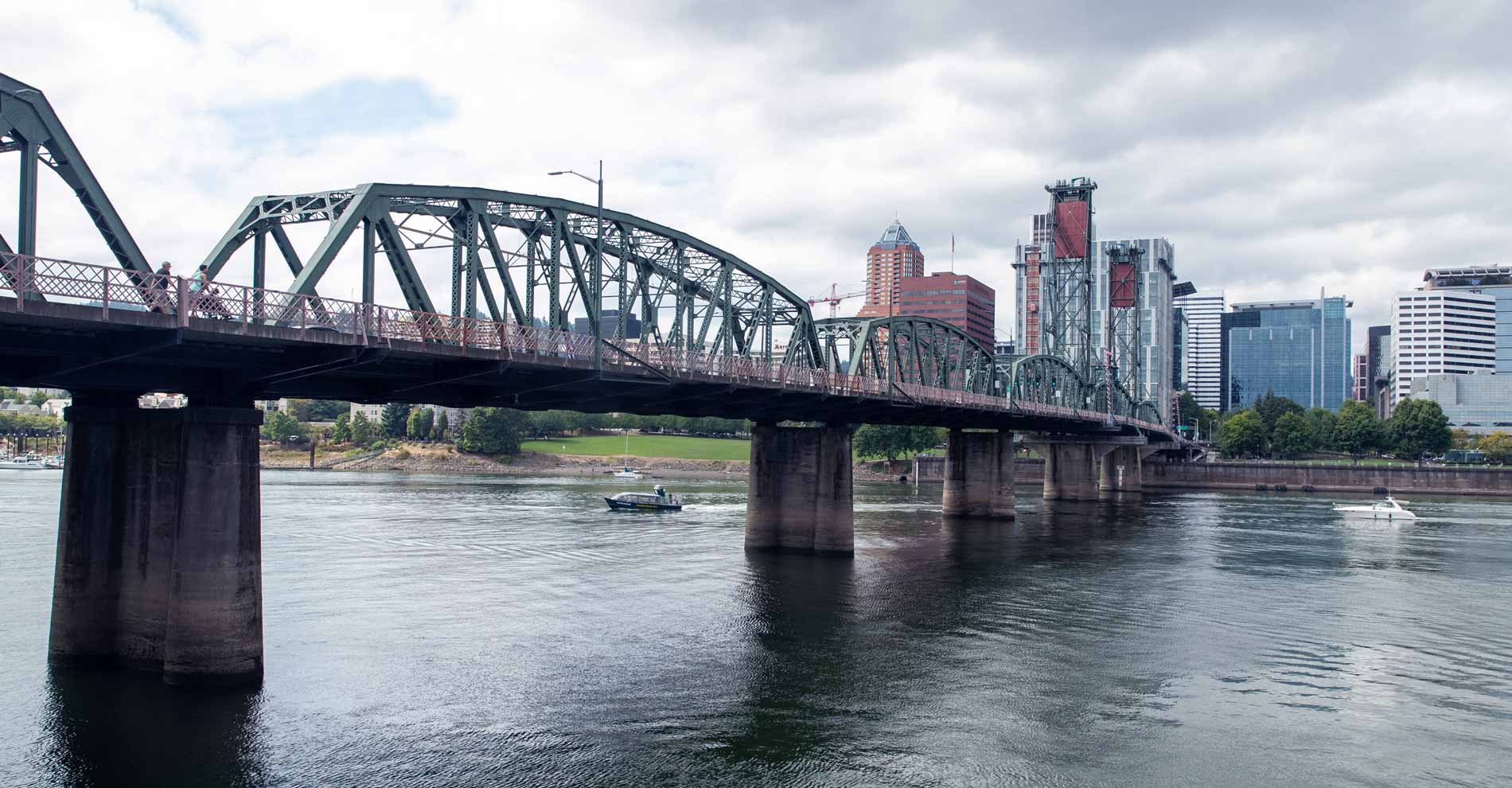
Read more about how we and our grantees are responding to COVID-19:

Crisis Response Updates web page
Our Crisis Response Updates web page is dedicated to our latest blog updates, COVID-related grantmaking, and informational and funding resources.

